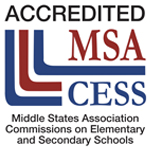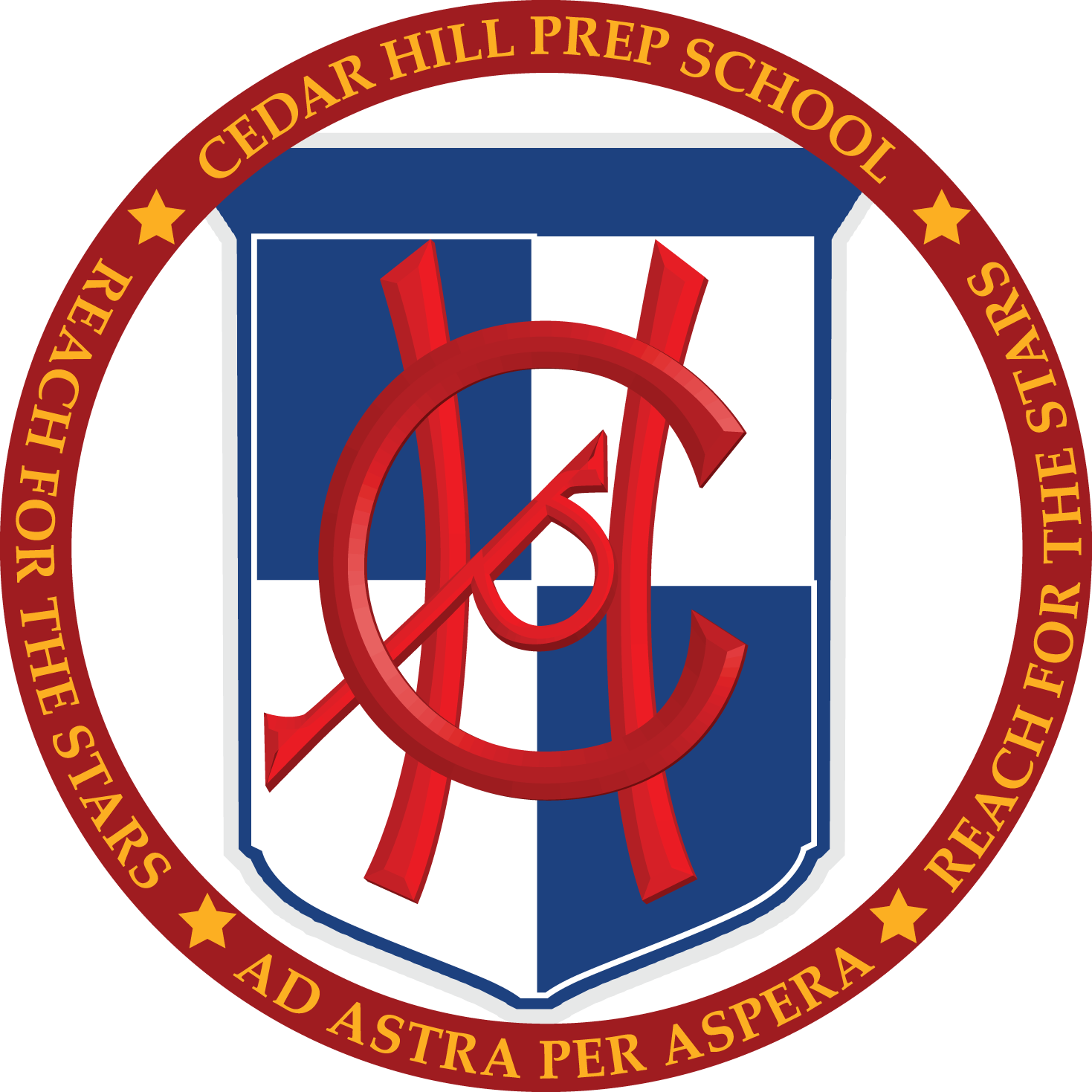 Entering kindergarten is a huge milestone for every child. Whereas pre-school programs serve as a child’s first formalized introduction to socialization and learning, the skills learned in kindergarten become the foundation of an academic journey that, for many, continues well beyond the high school years. For some students making this transition, the “one size fits all” mentality of most kindergarten programs isn’t necessarily the best fit. For those children, Transitional Kindergarten programs can be a perfect fit.
Entering kindergarten is a huge milestone for every child. Whereas pre-school programs serve as a child’s first formalized introduction to socialization and learning, the skills learned in kindergarten become the foundation of an academic journey that, for many, continues well beyond the high school years. For some students making this transition, the “one size fits all” mentality of most kindergarten programs isn’t necessarily the best fit. For those children, Transitional Kindergarten programs can be a perfect fit.
While most parents have become familiar with the variations that can exist among pre-k programs, not nearly as many have been introduced to the traditional kindergarten alternative that is Transitional Kindergarten. This is partially due to the fact that these types of programs are relatively new to the primary school scene, having become more prevalent over the last decade.
As they’ve grown in popularity, it’s become clear that Transitional Kindergarten can provide 4 and 5-year-olds with different opportunities for continued growth and development than traditional kindergarten. Before we explore those opportunities and their subsequent benefits, it might be helpful if we identified what it is that makes Transitional Kindergarten programs unique.
What is Transitional Kindergarten?
A Transitional Kindergarten program serves as a bridge between pre-kindergarten and kindergarten. By incorporating this type of program, a school increases the length of their kindergarten program from one year to two. Transitional Kindergarten programs offer all of the academic and social experiences of traditional programs, but at a different, more accessible pace.
What are the benefits of It?
By creating a 2-year kindergarten experience, a Transitional Kindergarten program can afford “young 5s” (children who just make a kindergarten program’s age cut-off) and children with learning or social delays additional time to develop the social and self-regulatory skills they’ll need for long-term academic success.
Research has shown that children who enter kindergarten at an older age perform better. As a study from Cannon and Lipscomb pointed out:
“Students who are older when they enter kindergarten have better elementary math and reading scores. These effects appear to persist into eighth grade, albeit with smaller magnitudes.”
As the academic demands of many kindergarten programs continue to grow, Transitional Kindergarten programs strive to nurture students’ emotional and social skills. By doing this, a TK program helps to ensure that when a child enters kindergarten, he or she is truly ready to do so.
Still unsure if it is right for your child?
A great way to learn more about Transitional Kindergarten, as well as CHP’s Pre-K and Transitional Kindergarten programs is to contact us or if you’re in the neighborhood, come visit us by scheduling a private tour! We’re always happy to help parents establish the best options for their child.





